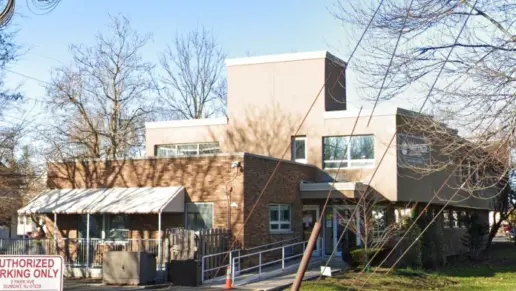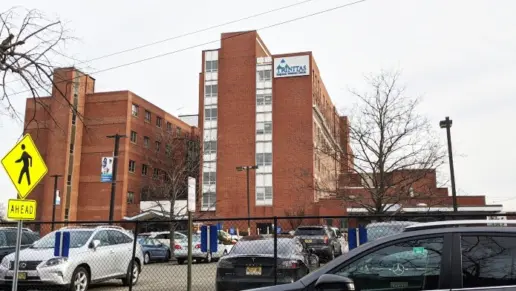About Stress Care
Located in Matawan, New Jersey, Stress Care offers alcohol and drug rehab services, dual diagnosis treatment, and mental health treatment to adolescents and adults. Their levels of care include partial hospitalization, intensive outpatient, and traditional outpatient care.
The partial hospitalization program meets five days a week for six hours at a time. Individual therapy, group therapy, psychiatric support services, educational classes, and intensive outpatient services are provided.
The intensive outpatient program generally meets nine hours a week. Therapy, on-site doctor availability, flexible hours, and a family-focused care model is provided. Clients will engage in skills-building, therapy, and peer support services.
The outpatient program offers individual therapy, family therapy, couples counseling, and specialized groups. Clients will focus on their unique areas of concern with their counselor.
Stress Care accepts most insurance plans, including Aetna, United Healthcare, HCSC, Tricare, and more. Out-of-network benefits may vary, so it’s important to verify coverage with the provider prior to starting treatment.
Rehab Score
Gallery
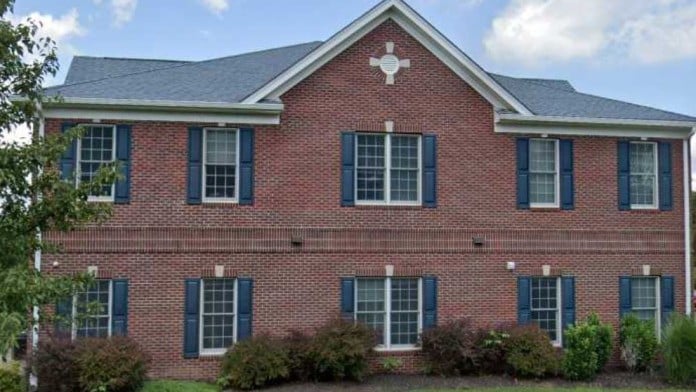

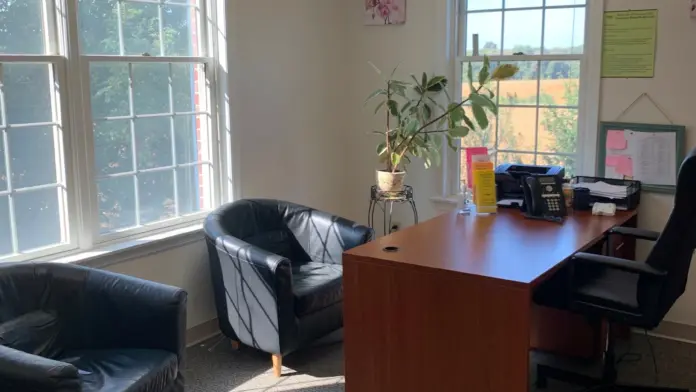
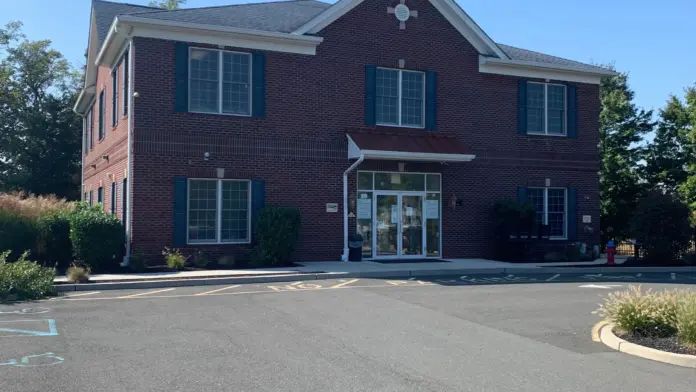
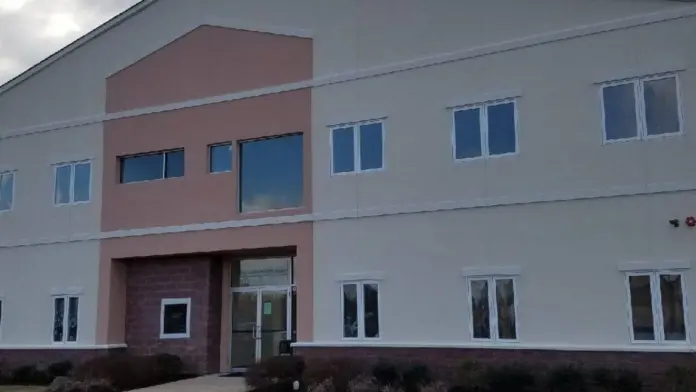
Location
Accepted Insurance





Other Forms of Payment
Medicaid is a state based program that helps lower-income individuals and families pay for healthcare. Medicaid covers addiction treatment so those enrolled can use their coverage to pay for rehab. When a program accepts Medicaid the client often pays very little or nothing out of their own pocket.
Private insurance refers to any kind of healthcare coverage that isn't from the state or federal government. This includes individual and family plans offered by an employer or purchased from the Insurance Marketplace. Every plan will have different requirements and out of pocket costs so be sure to get the full details before you start treatment.
Self-pay involves paying for treatment out of your own pocket. You can use savings or credit, get a personal loan, or receive help from family and friends to fund your treatment. If you don't have insurance or your insurance plan doesn't cover a specific program, self-pay can help ensure you still get the care you need.
Financial aid can take many forms. Centers may have grants or scholarships available to clients who meet eligibility requirements. Programs that receive SAMHSA grants may have financial aid available for those who need treatment as well. Grants and scholarships can help you pai for treatment without having to repay.
Medicare is a federal program that provides health insurance for those 65 and older. It also serves people under 65 with chronic and disabling health challenges. To use Medicare for addiction treatment you need to find a program that accepts Medicare and is in network with your plan. Out of pocket costs and preauthorization requirements vary, so always check with your provider.
Military members, veterans, and eligible dependents have access to specific insurance programs that help them get the care they need. TRICARE and VA insurance can help you access low cost or no cost addiction and mental health treatment. Programs that accept military insurance often have targeted treatment focused on the unique challenges military members, veterans, and their families face.
Sliding scale payments are based on a client's income and family size. The goal is to make treatment affordable to everyone. By taking these factors into account, addiction recovery care providers help ensure that your treatment does not become a financial burden to you or your family, eliminating one barrier to care.
Addiction Treatments
Levels of Care
Treatments
The goal of treatment for alcoholism is abstinence. Those with poor social support, poor motivation, or psychiatric disorders tend to relapse within a few years of treatment. For these people, success is measured by longer periods of abstinence, reduced use of alcohol, better health, and improved social functioning. Recovery and Maintenance are usually based on 12 step programs and AA meetings.
Drug rehab in New Jersey is the process of addressing the complex issues involved with addiction. Challenges are identified and addressed through individual and group counseling. Participants learn how to manage these issues without the use of substances.
Many of those suffering from addiction also suffer from mental or emotional illnesses like schizophrenia, bipolar disorder, depression, or anxiety disorders. Rehab and other substance abuse facilities treating those with a dual diagnosis or co-occurring disorder administer psychiatric treatment to address the person's mental health issue in addition to drug and alcohol rehabilitation.
Opioid rehabs specialize in supporting those recovering from opioid addiction. They treat those suffering from addiction to illegal opioids like heroin, as well as prescription drugs like oxycodone. These centers typically combine both physical as well as mental and emotional support to help stop addiction. Physical support often includes medical detox and subsequent medical support (including medication), and mental support includes in-depth therapy to address the underlying causes of addiction.
Substance rehabs focus on helping individuals recover from substance abuse, including alcohol and drug addiction (both illegal and prescription drugs). They often include the opportunity to engage in both individual as well as group therapy.
Programs


Clinical Services
Cognitive Behavioral Therapy (CBT) is a therapy modality that focuses on the relationship between one's thoughts, feelings, and behaviors. It is used to establish and allow for healthy responses to thoughts and feelings (instead of unhealthy responses, like using drugs or alcohol). CBT has been proven effective for recovering addicts of all kinds, and is used to strengthen a patient's own self-awareness and ability to self-regulate. CBT allows individuals to monitor their own emotional state, become more adept at communicating with others, and manage stress without needing to engage in substance abuse.
Marriage counseling, also known as couples therapy, is a type of psychotherapy that helps couples of all types-heterosexual, homosexual, married or not married-improve their relationships by helping them recognize and resolve their conflicts. A trained, professional marriage counselor can help couples rebuild their relationships by assisting the couple in a thoughtful and deliberate reconciliation process. In some cases, of course, this may also mean that the two individuals will go their own separate ways. In most cases, both members of a couple will attend marriage counseling together, but in some cases only one member of the couple may choose to work with the therapist. The therapy is usually short term, taking place over a certain number of sessions, but in other cases the therapy may proceed for a more extended duration, depending on the needs and desires of the couple.
Family therapy is a form of psychotherapy that treats two or more members of the same family. The family therapist addresses the individual family's constellation as a unique variation on a common social system. Family therapists study and help to improve the dynamics in a family in which one or more members is experiencing overt distress. Family therapy is based on the premise that, because the interaction among family members is so close and intense, the beliefs, personalities and experiences of each member affect the well-being of the whole family. The designated "patient" in a given family not only impacts the other members, but may be the subconsciously designated representative of the entire family's inner turmoil.
Group therapy is any therapeutic work that happens in a group (not one-on-one). There are a number of different group therapy modalities, including support groups, experiential therapy, psycho-education, and more. Group therapy involves treatment as well as processing interaction between group members. While such groups may include only three or four individuals, typical therapy groups include 7 to 12 members. An average group meets once or twice weekly for an hour or two. Though some therapy groups are limited to as few as six sessions, most groups are maintained for at least a year.
In individual therapy, a patient meets one-on-one with a trained psychologist or counselor. Psychotherapy is a general treatment method for nearly any mental or emotional disorder that involves talking about the patient's condition with a professional. Psychotherapy is also known as talk therapy or counseling. Talking about about it can help the patient learn more about it and identify the feelings, thoughts, moods and behaviors associated with it. Psychotherapy can help relieve problems caused by serious mental illnesses or other stressful issues including grief, anger, relationship problems, eating disorders or personality disorders. Sessions typically last 45 to 60 minutes and can be done alone, with family members or while performing certain activities.
Trauma therapy addresses traumatic incidents from a client's past that are likely affecting their present-day experience. Trauma is often one of the primary triggers and potential causes of addiction, and can stem from child sexual abuse, domestic violence, having a parent with a mental illness, losing one or both parents at a young age, teenage or adult sexual assault, or any number of other factors. The purpose of trauma therapy is to allow a patient to process trauma and move through and past it, with the help of trained and compassionate mental health professionals.
Amenities
-
Private Setting
Accreditations

The Joint Commission, formerly known as JCAHO, is a nonprofit organization that accredits rehab organizations and programs. Founded in 1951, the Joint Commision's mission is to improve the quality of patient care and demonstrating the quality of patient care.
Joint Commission Accreditation: Yes
Contact Information
4122 Route 516
Matawan, NJ 07747














